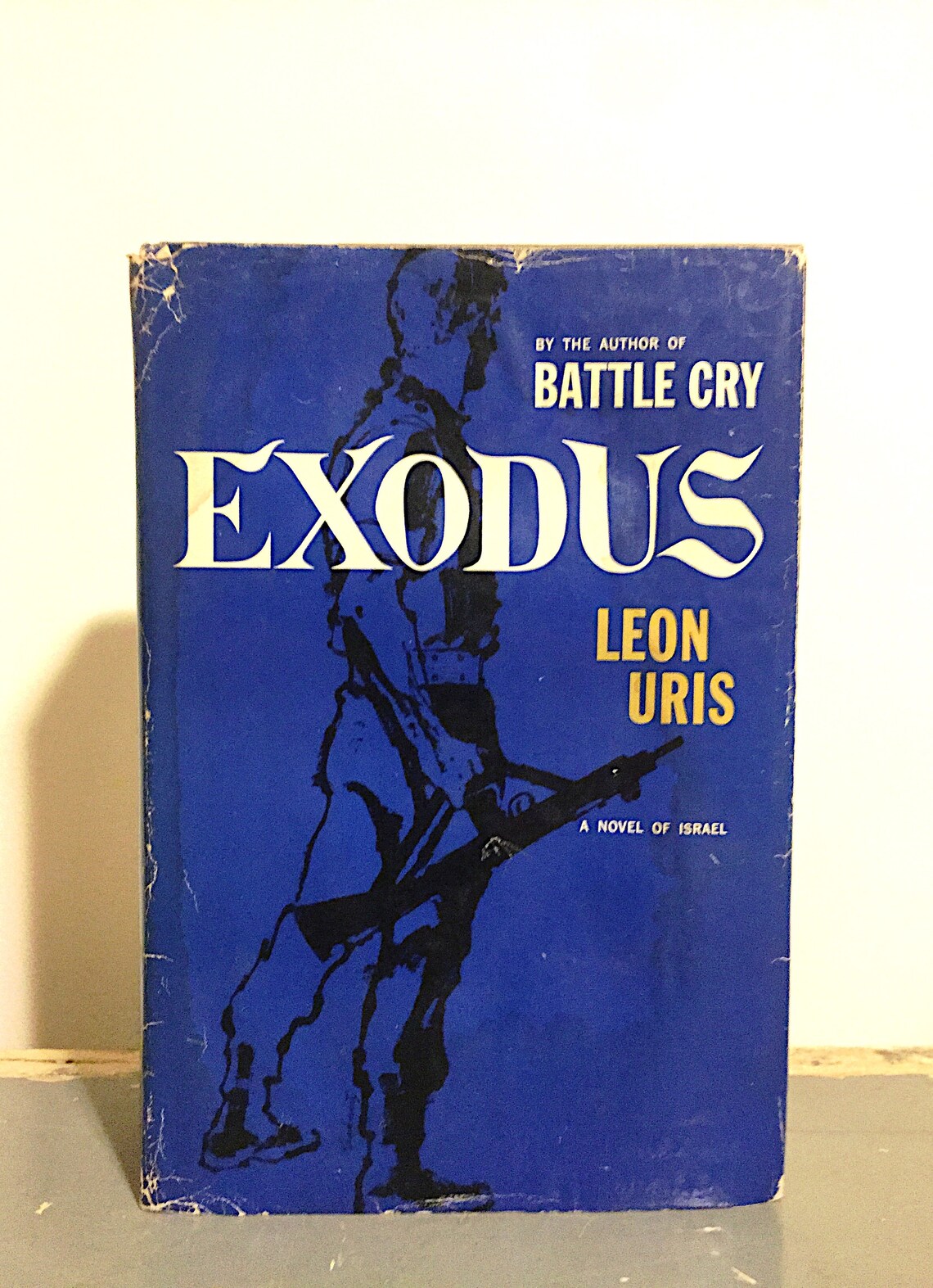

But here's the funny thing about Uris's novel-he doesn't actually tell the story of the actual event. This event (and many others throughout the book) is based on a real occurence. Ari wins, and the ship makes it to the Holy Land, where Ari becomes a leader in the underground. He organizes a hunger strike, then tells the British that the children will commit suicide one by one until the ship is allowed to sail. We first meet Ari as he's gambling against the British in Cyprus with the lives of 300 children aboard the refugee ship Exodus, bound for Palestine. As a soldier in the Israeli unit of the British Army he saw action in World War II, and as an Israeli freedom fighter he works to bring as many Jews into Palestine as possible, even above the limit set by the British. The central character is Ari Ben Canaan, a Jew dedicated to Israel's freedom. His characters, experiencing these things firsthand, must wrestle with them even as they must choose a course of action, for this is not a novel about theory. Uris also describes and reflects on the mistreatment of the Jews in Europe, even exposing the sympathy of many British leaders to Hitler's Final Solution. While the founding of the modern state of Israel is at the heart of the book, it includes a long section about the initial return of the Jews to Palestine in the 1800s. Leon Uris's epic novel is so big, in fact, that he couldn't limit it to a single century.

At 600 pages of small print it's long, but its size transcends its length.


 0 kommentar(er)
0 kommentar(er)
